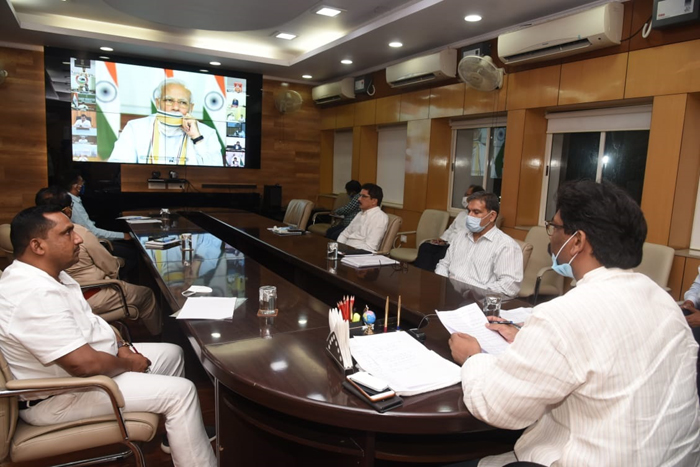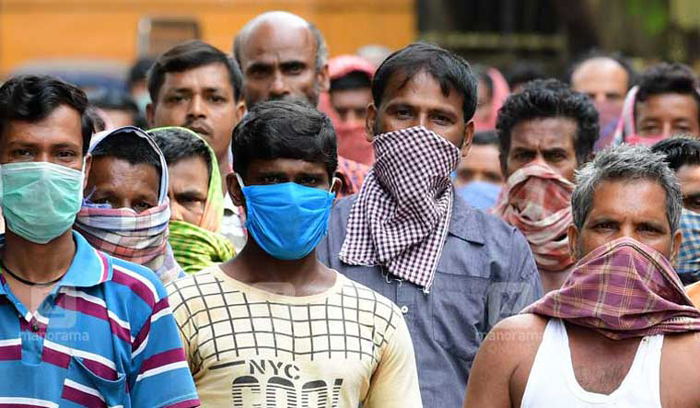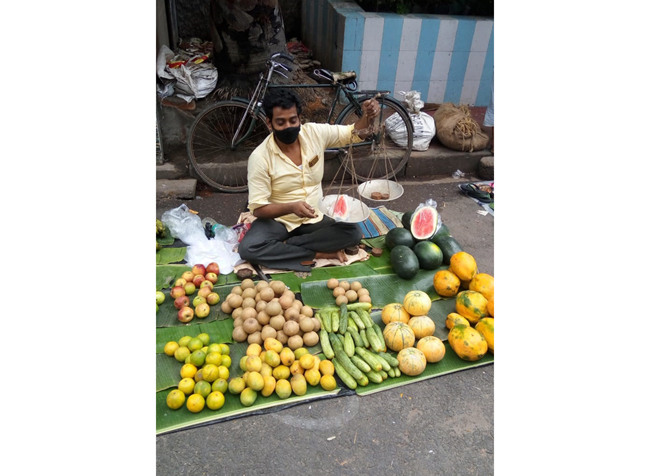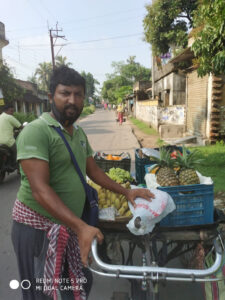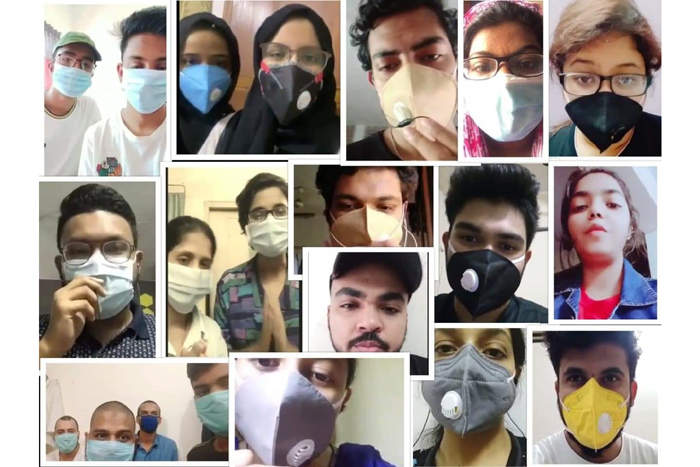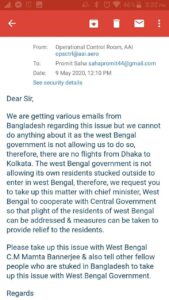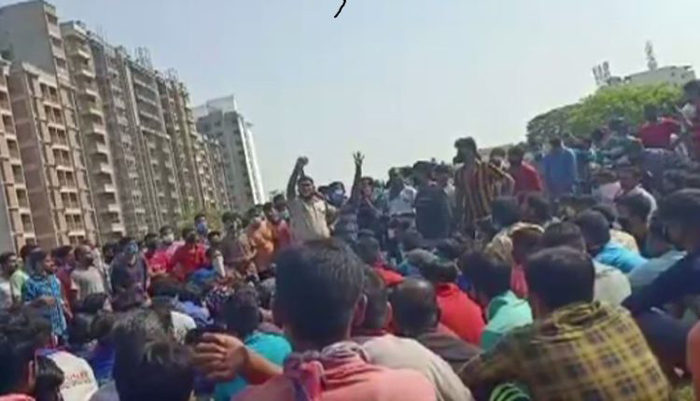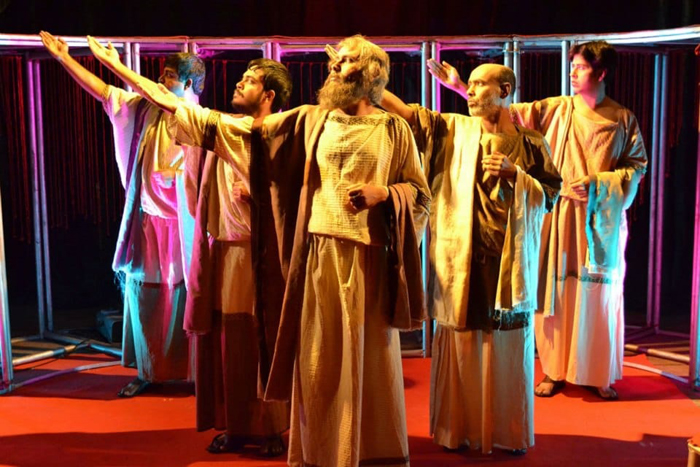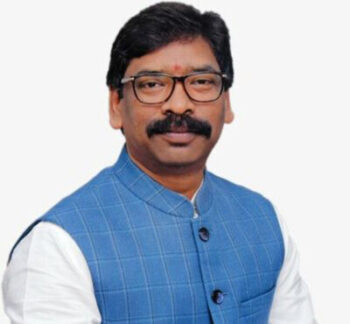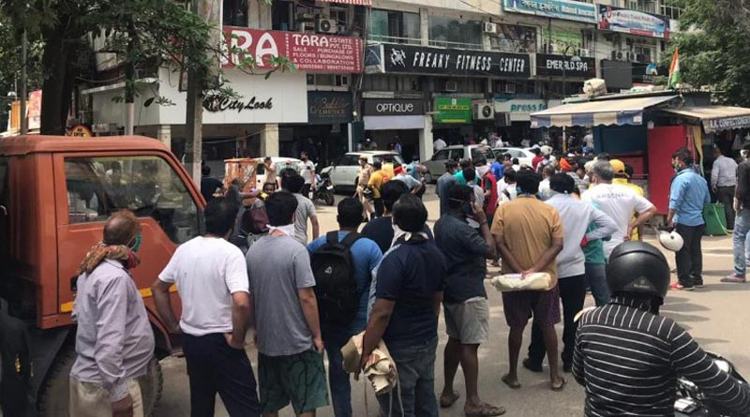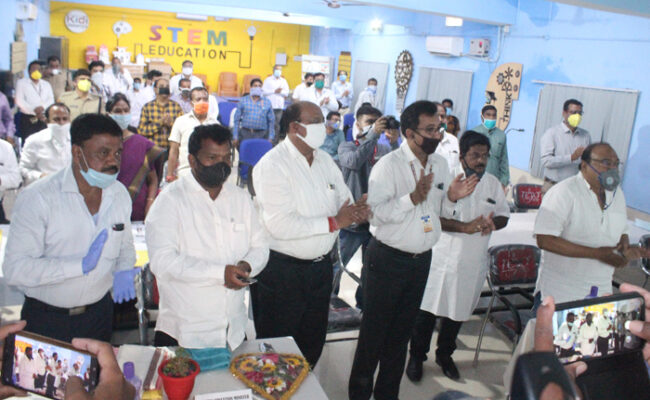Ranchi: Jharkhand is one of the few Indian states, which has a huge challenge to deal the situation, in the wake of the Covid-19 crisis in India. Right from tackling migrant’s safe return to the state to reviving the economy of mineral rich state, a lot seems to be on the plate of the present Chief Minister Hemant Soren.
And the chief minister did not miss the opportunity of putting forth his road map before Prime Minister Narendra Modi during the video conference meeting that they had on Monday.
In the meeting between the chief ministers of different Indian states and the PM, which lasted for 6-hour, Hemant Soren demanded a 50 percent raise in MNREGA labour wage and clearance of Goods and Services Tax (GST) dues (amounting to about 15000 crores) by the centre. He even asked for special power which would enable him to impose special cess or tax on mining in Jharkhand.
The mineral rich state has over a million migrants working outside the state, and given the present scenario, the biggest challenge for the state government is not just to ensure their safe return but also providing them opportunities so they do not have to migrate in future.
The foremost request Jharkhand CM made to the PM was, to expedite return of migrants to their native states especially Jharkhand in a safe and secure manner. Recently, in Aurangabad, 16 migrant workers hot killed when a train run over them while almost everyday deaths of workers are taking place on the roads, as the desperate labourers walk back home.
In the wake of reverse migration happening in Jharkhand (around 6 lakhs), Hemant Soren requested for a 50 percent raise in the existing MNREGA labour wages for the next one year. He mentioned that the need to relax the current wage payment norms to ensure daily payment of MNREGA workers.
And added that there should be fifty percent increase in the approved labour budget/person days by the Ministry of Rural Development, (Government of India) for the fiscal year 2020-2021.
Soren claimed that the state governments are liable to pay unemployment allowance under MNREGA. In the present context, a request was made for the PM to facilitate the unemployment allowances for MNREGA workers from the Government of India’s (centre) share of the MNREGA project.
Along with the demands, In lieu of the depleting revenue and fiscal situation of Jharkhand, a request was also put forward by the state to the centre to clear the pending GST dues (since December 2019) amounting to around Rs15000 crores, at the earliest.
Soren also sought special power to impose special cess or tax on mining and also to provide a moratorium period (including zero interest be charged by central government or public institutions) of one year to Jharkhand for the loan or debt repayment availed by the centre.
Earlier on two occasions, Jharkhand CM was not given a chance to speak in the meet, after which Jharkhand Mukhti Morcha (the ruling party to which Soren belongs to) had to release an statement condemning the unilateral behaviour of the PM.


